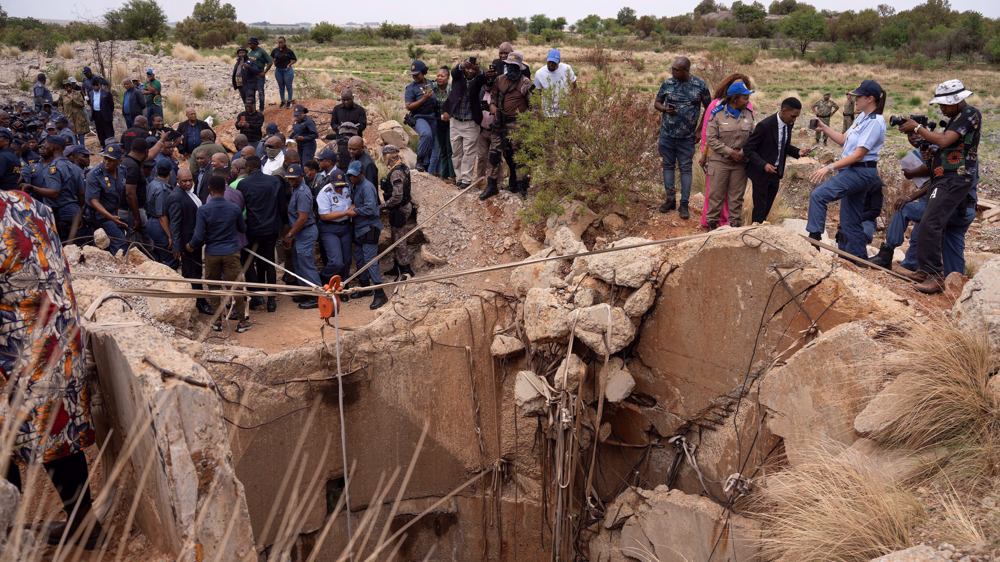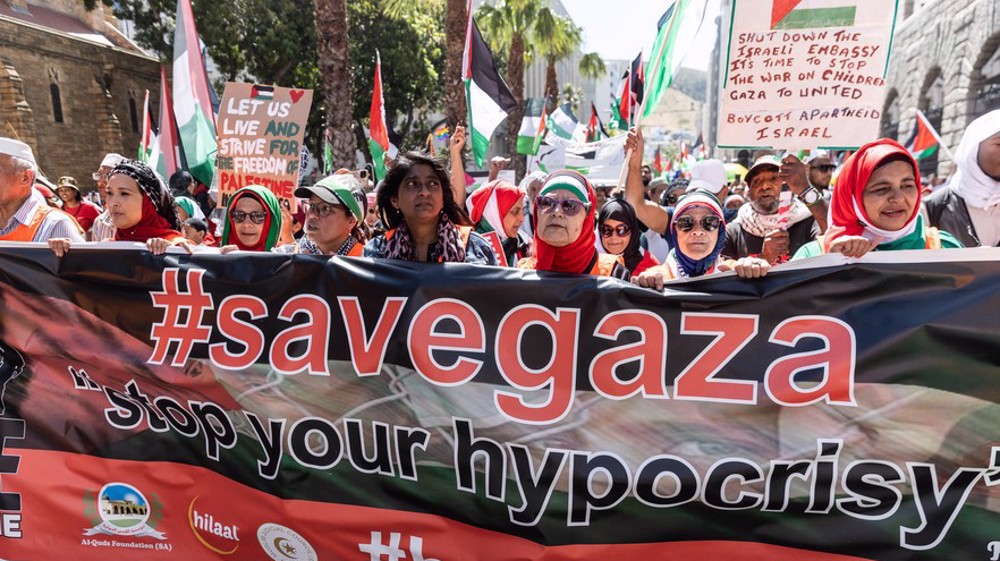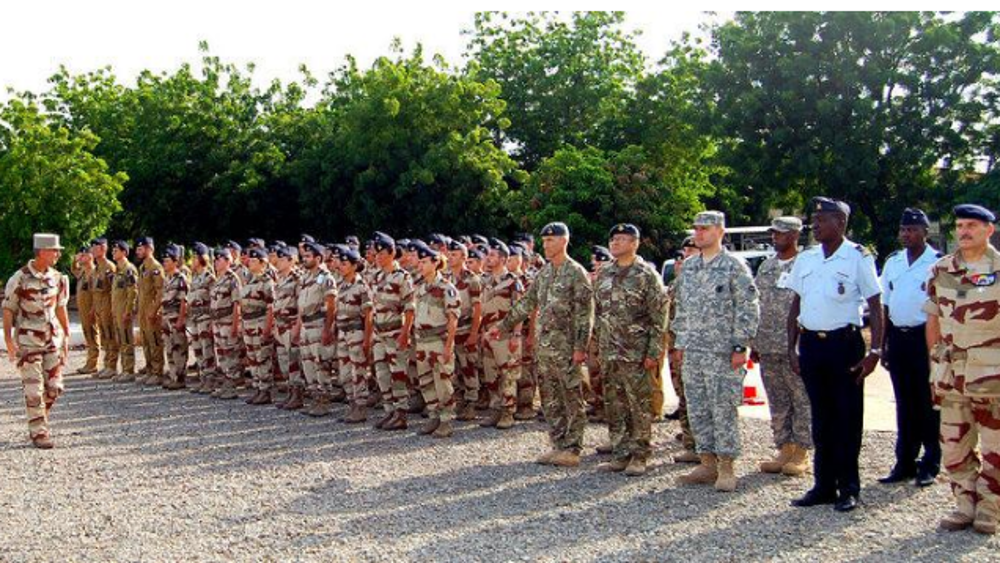Burundi parliamentarians vote for ICC exit
The lower house of parliament in Burundi has voted for the country to pull out of the International Criminal Court (ICC), which has opened an investigation into alleged atrocities committed in the African country.
"The ICC is a tool being used to try and change power" in Burundi, Aloys Ntakirutimana, a lawmaker from the ruling party, said during a three-hour debate in the national assembly before voting on Wednesday.
During the pre-vote debates in parliament, a few lawmakers were for Burundi’s stay in the ICC. However, 94 parliamentarians voted in favor of an exit, two against and 14 abstained.
The upper house of parliament, or the senate, which is also dominated by the ruling party, will vote on the move. The decision then needs to be approved by President Pierre Nkurunziza.
Burundi plunged into crisis when Nkurunziza decided to run for a third term in office in April 2015, in violation of the constitution banning a third consecutive term of office. He ran and won the presidential election.
A heavy-handed crackdown on dissent followed. Some human rights organizations estimate that the clampdown has left more than 1,000 people dead.
In April, Fatou Bensouda, an ICC prosecutor, launched a preliminary investigation into reports of "killing, imprisonment, torture, rape and other forms of sexual violence, as well as cases of enforced disappearances" in Burundi.
The initial probe is aimed at determining whether there is enough evidence to proceed to a full-blown investigation by the ICC, which could result in drawing up charges against those believed to be responsible for the violence.
Bensouda's decision was followed by a convincing report by the United Nations rights experts released in September, detailing gross human rights abuses such as torture and sexual violence.
Ethnic violence between Hutu and Tutsi communities in Burundi has a long history and led to a 12-year civil war that ended in 2006.

Certain African countries accuse the ICC of unjustly targeting their leaders.
Kenya, whose president and vice president were both targeted with failed ICC prosecutions, has been urging all African countries to show resistance against the ICC.
The International Criminal Court was set up in 2002 to try war criminals and perpetrators of genocide.
The ICC has opened probes involving eight countries, all of them African, namely Kenya, the Ivory Coast, Libya, Sudan, the Democratic Republic of the Congo, the Central African Republic, Uganda and Mali.
Araghchi: Iran-Russia strategic deal step toward ‘more just world’
UNRWA unraveled amid Israel's allegations, reduced intl. support
Palestinian journalist, a Sobh Media Festival awardee, killed in Gaza hours before truce
Jan. 15: ‘Axis of Resistance’ operations against Israeli occupation
VIDEO | Fears, hope in Gaza amid intensified ceasefire efforts
VIDEO | Press TV's news headlines
Hamas: Ceasefire agreement result of steadfastness, resistance in Gaza over 15 months
Hamas thanks Iran, Resistance Front following achievement of ceasefire in Gaza










 This makes it easy to access the Press TV website
This makes it easy to access the Press TV website